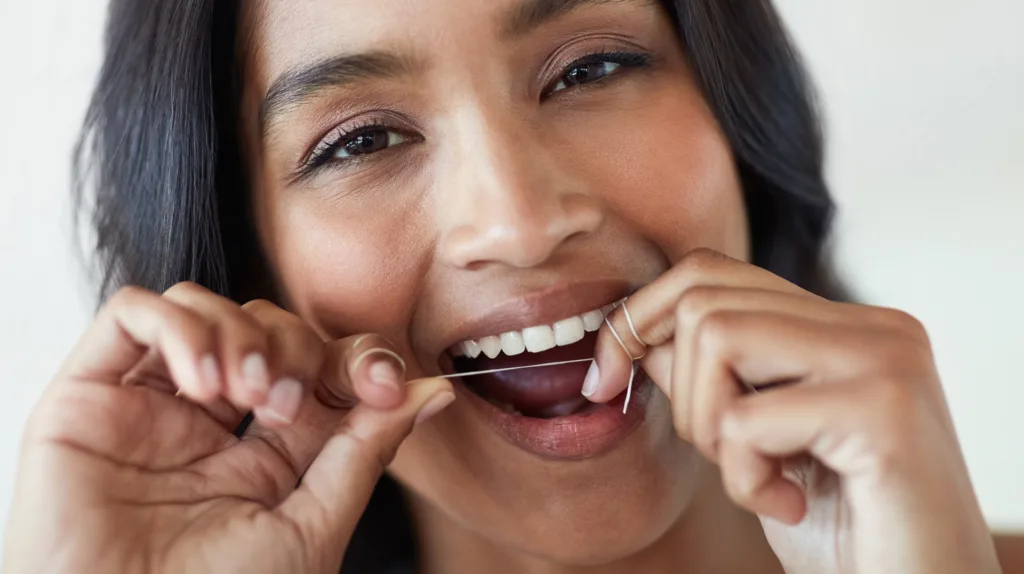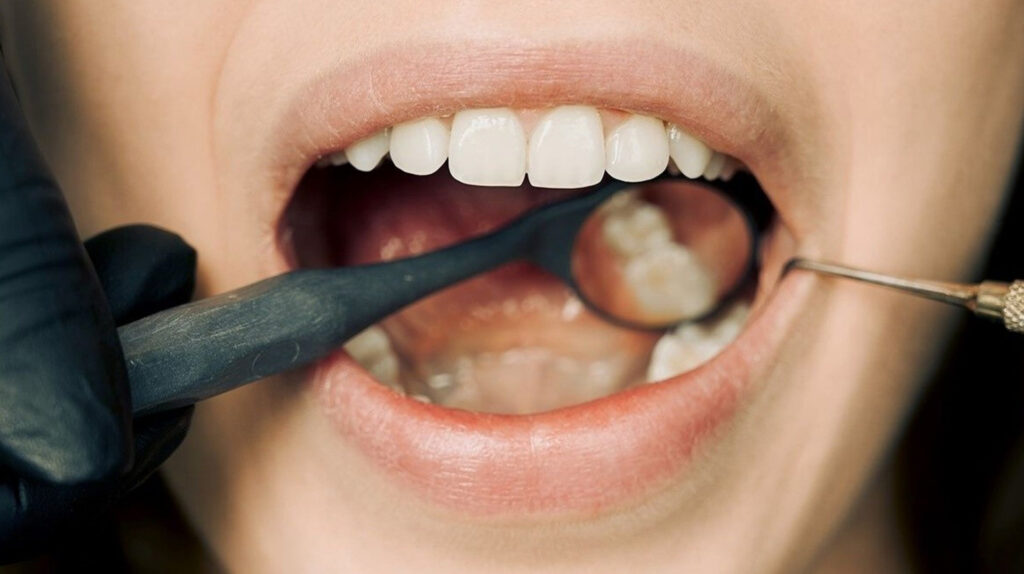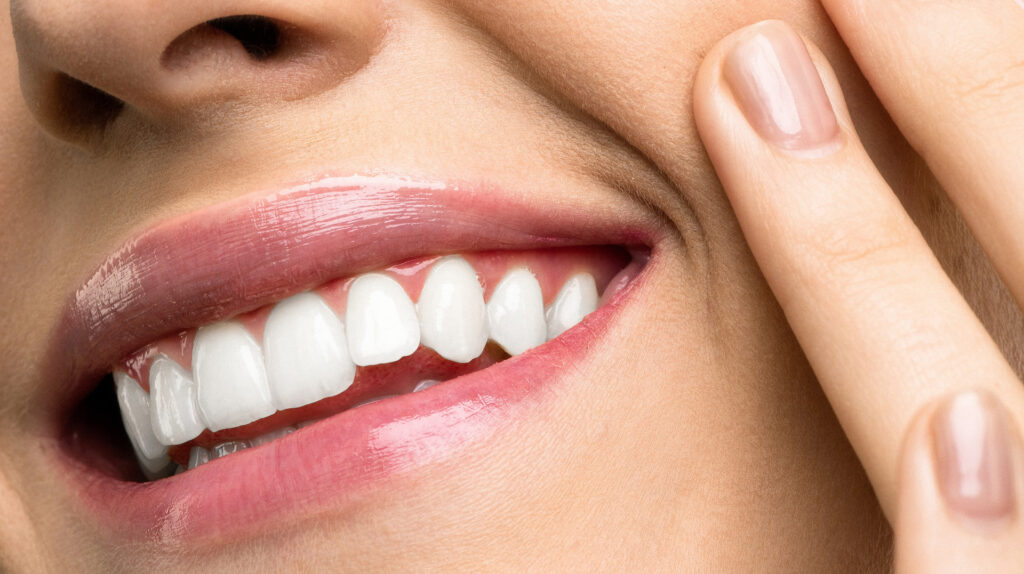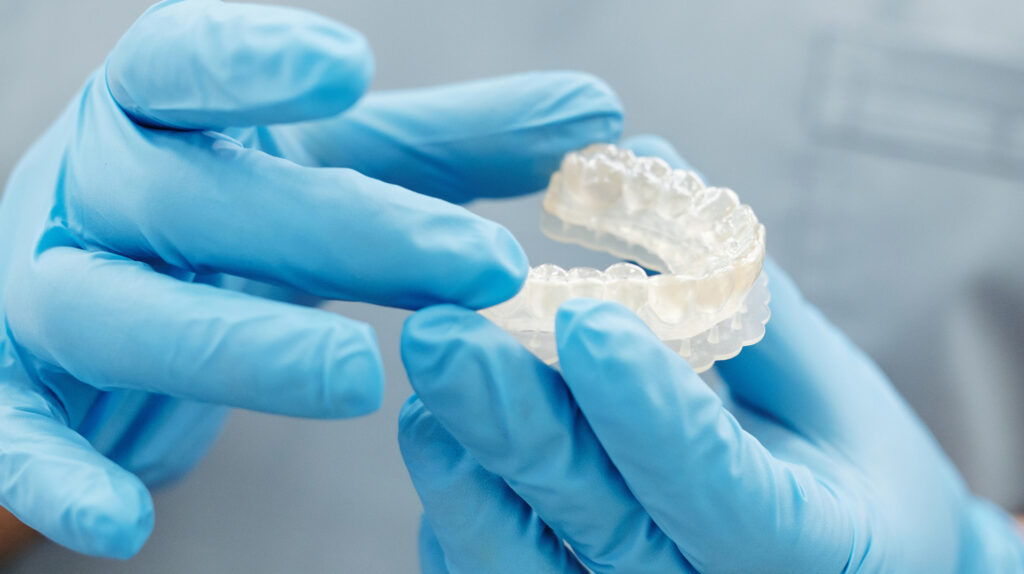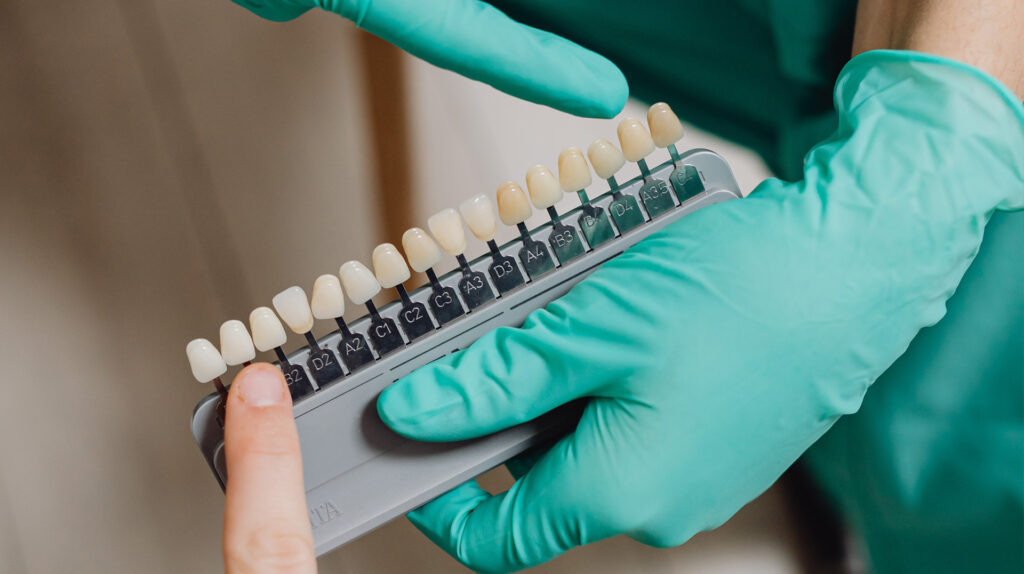A chipped front tooth or any chipped tooth, can be a painful and distressing experience. Not only does it affect your oral health, but it can also have an impact on your self-confidence. The sudden pain, difficulty while eating, and the noticeable change in your smile can all take a toll on your overall well-being. But that’s not all – if left untreated, a chipped tooth can lead to even more problems, such as tooth sensitivity, an increased risk of decay, and potential damage to neighboring teeth. The good news is that there are preventive measures you can take to protect your smile, and timely professional interventions can ensure a speedy recovery if you do experience a chipped tooth.
Preventing a Chipped Tooth
Preventing a chipped tooth begins with understanding the risk factors and implementing simple strategies in your daily life. Maintaining regular dental hygiene practices is the foundation of oral health. Brushing your teeth at least twice a day with fluoride toothpaste and flossing daily can help remove debris and plaque that weaken enamel, making your teeth less susceptible to chipping. Scheduling regular dental check-ups and cleanings is essential for detecting early signs of dental problems, including weak enamel or small fractures that may lead to a chipped tooth. These routine visits allow your dentist to address any dental concerns promptly and offer guidance on maintaining optimal oral health.
Engaging in sports or activities with a risk of facial impact requires the use of protective gear. A custom-fit mouthguard can significantly reduce the likelihood of chipping a tooth during physical activities. This simple piece of equipment acts as a protective barrier, absorbing the impact and distributing it evenly to prevent damage to teeth and surrounding structures.
In addition to physical protection, it is important to be mindful of harmful habits that can contribute to chipped teeth. Many people have a tendency to chew on ice, hard candies, or use their teeth to open packages, which puts undue stress on teeth and increases the risk of chipping. Recognizing and breaking these habits is critical to maintaining dental health. For those who suffer from teeth grinding or clenching, addressing this issue through the use of a nightguard can also protect teeth from damage, especially during sleep when these habits are most prevalent.
Maintaining a balanced diet is essential for strong teeth and healthy enamel. Foods rich in calcium and vitamin D, such as dairy products, leafy greens, and fortified cereals, support dental health and contribute to stronger teeth. Keep in mind, acidic and sugary foods and beverages can weaken tooth enamel, making teeth more susceptible to chipping. Reducing the consumption of these substances and opting for tooth-friendly alternatives can significantly lower the risk of dental issues, including chipped teeth.
Repairing a Chipped Tooth
While preventive measures are crucial, accidents can still happen, and a chipped tooth might occur despite all efforts. If you chip a tooth, it’s important to seek professional dental care right away. Dentists have effective methods to fix chipped teeth and make them look and function like new.
Dental Bonding
One of the common methods used by dentists for repairing minor tooth chips is dental bonding. Dental bonding is a minimally invasive and cost-effective solution that involves the application of a tooth-colored composite resin to the chipped area. The resin is shaped to match the natural contours of the tooth and then bonded in place using a special light. Dental bonding is suitable for small to moderate-sized chips and can often be completed in a single dental visit, providing a quick and effective solution to restore your smile. In some cases, when a tooth chips, it is possible to save the chipped piece of tooth because it can be reattached. If the chipped fragment is clean and undamaged, preserving it and seeking immediate dental attention can increase the likelihood of successful reattachment. It is essential to handle the chipped fragment with care and store it in a clean, moist container, such as milk or saliva, until professional help is obtained to improve the chances of a successful reattachment.
Dental Crowns
For more extensive tooth damage or larger chips that affect a significant portion of the tooth, dental crowns are an effective option. Dental crowns are tooth-shaped caps that cover the entire visible part of the damaged tooth, providing strength, protection, and aesthetic improvement. The dentist prepares the tooth by removing damaged or weakened areas, takes impressions to create a custom crown, and permanently cements it into place. Dental crowns not only restore the functionality of the chipped tooth but also enhance its appearance, blending seamlessly with the surrounding teeth.
Dental Veneers
Another popular method for repairing chipped teeth are dental veneers. Dental veneers are thin shells made of porcelain or composite material that are custom-made to cover the front surface of a chipped tooth. Similar to dental crowns, the dentist prepares the tooth by removing a small amount of enamel to accommodate the veneer, and then the veneer is bonded in place using dental cement. Veneers provide a durable and natural-looking solution for chipped teeth and can also address other cosmetic concerns, such as discoloration or misalignment.
Root Canals
In more severe cases where a chip extends deep into the tooth, exposing the nerve, root canal therapy may be necessary. The procedure involves removing the infected or damaged pulp from the tooth’s interior, disinfecting the root canals, and sealing them to prevent further infection. After root canal treatment, a dental crown is typically placed to protect the weakened tooth and restore its function.
A chipped tooth can be a significant concern, impacting both your oral health and self-esteem. By taking a proactive approach to dental care, you can significantly reduce the risk of chipping your teeth. That means practicing good dental hygiene, wearing protective gear during physical activities, ditching harmful habits, and eating a balanced diet. These preventive measures go a long way in keeping your teeth intact. However, accidents happen, and when they do, it’s important to seek professional dental care right away. Dentists have various effective methods like dental bonding, veneers, crowns, and root canal therapy to repair your chipped tooth and restore its strength and appearance. And don’t forget to schedule regular dental check-ups. They play a crucial role in maintaining oral health and catching any issues early on. At Prairie Lakes Dental, we’re here to provide you with a quick and beautiful solution for your chipped tooth.


